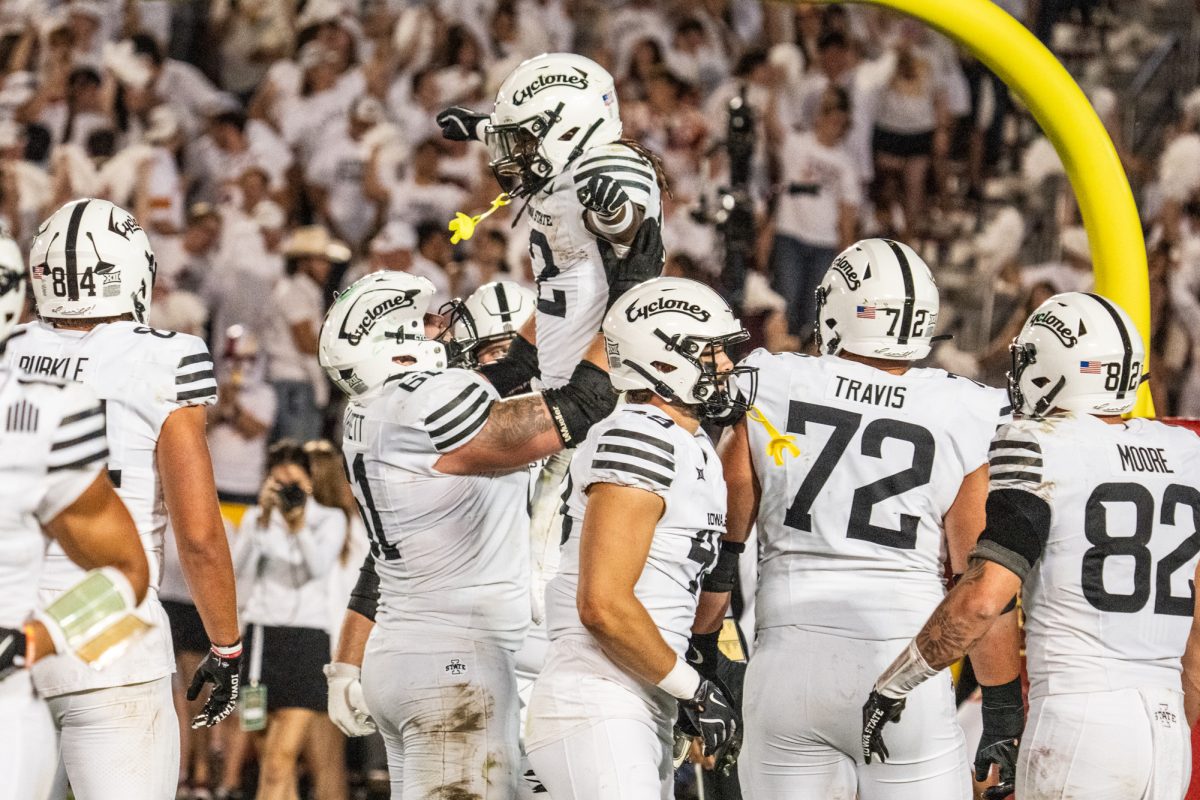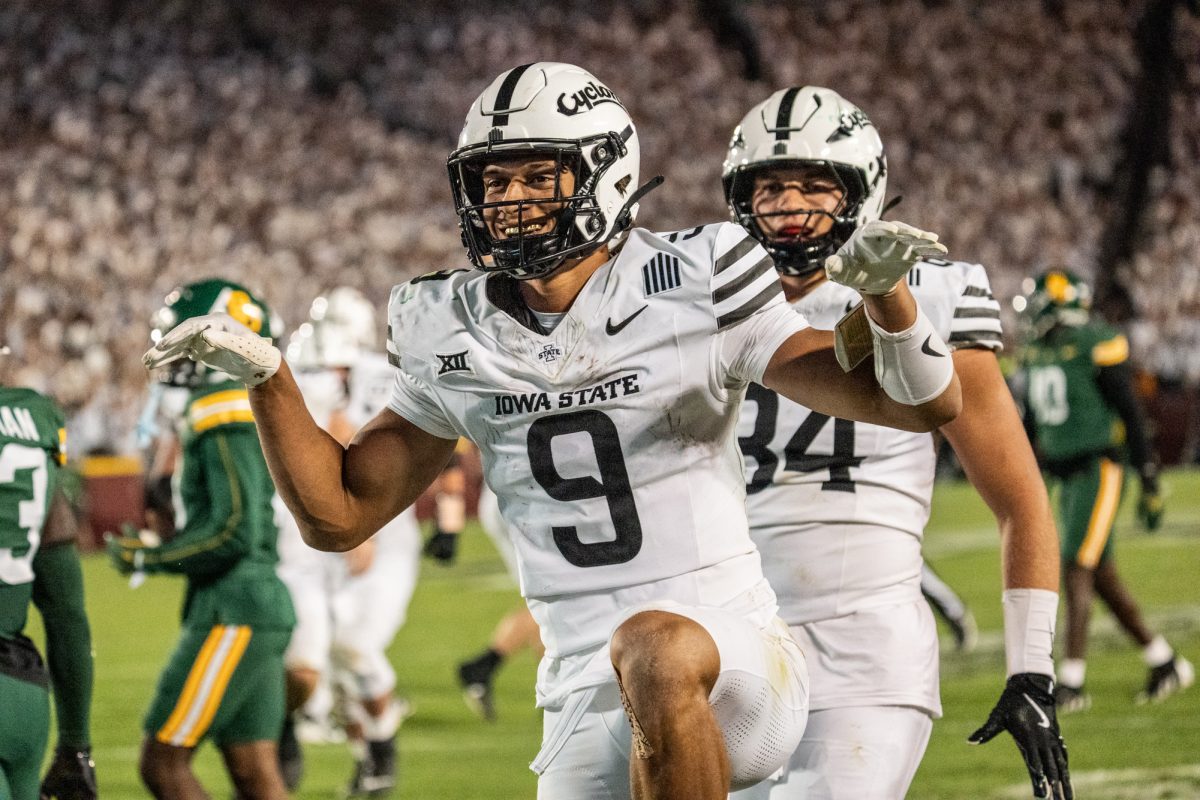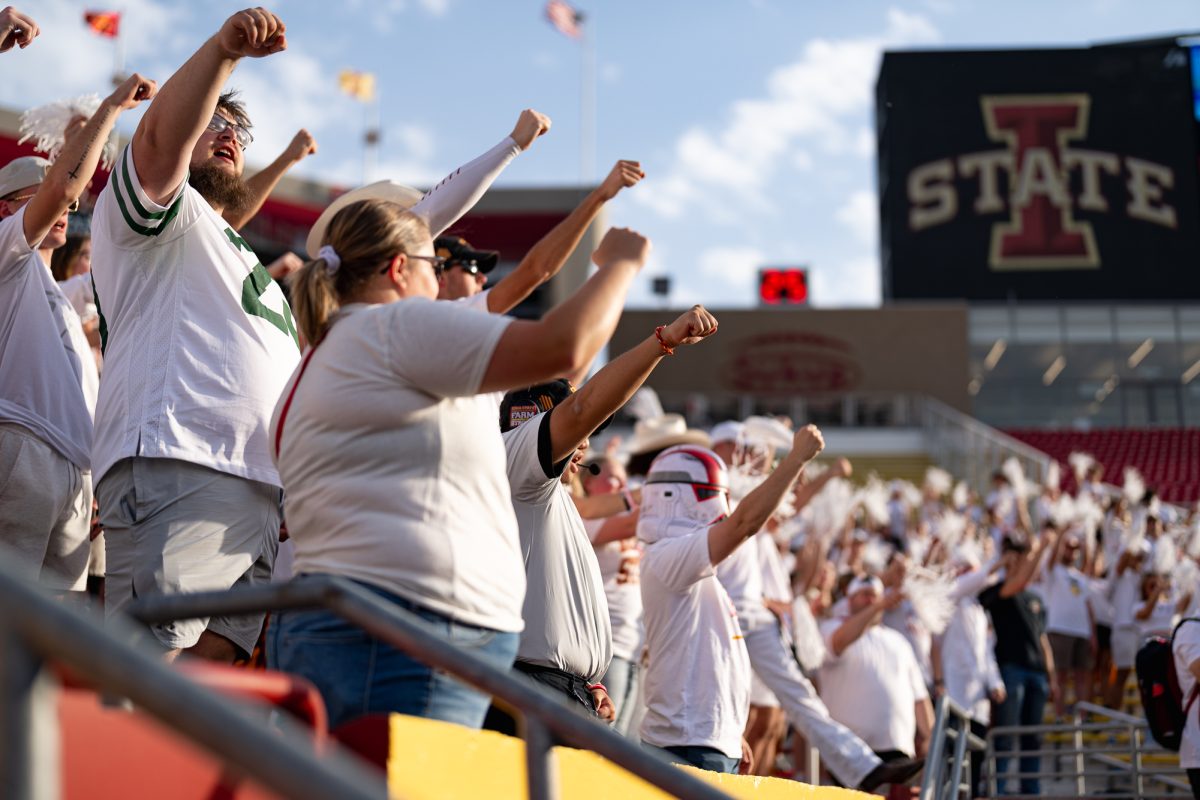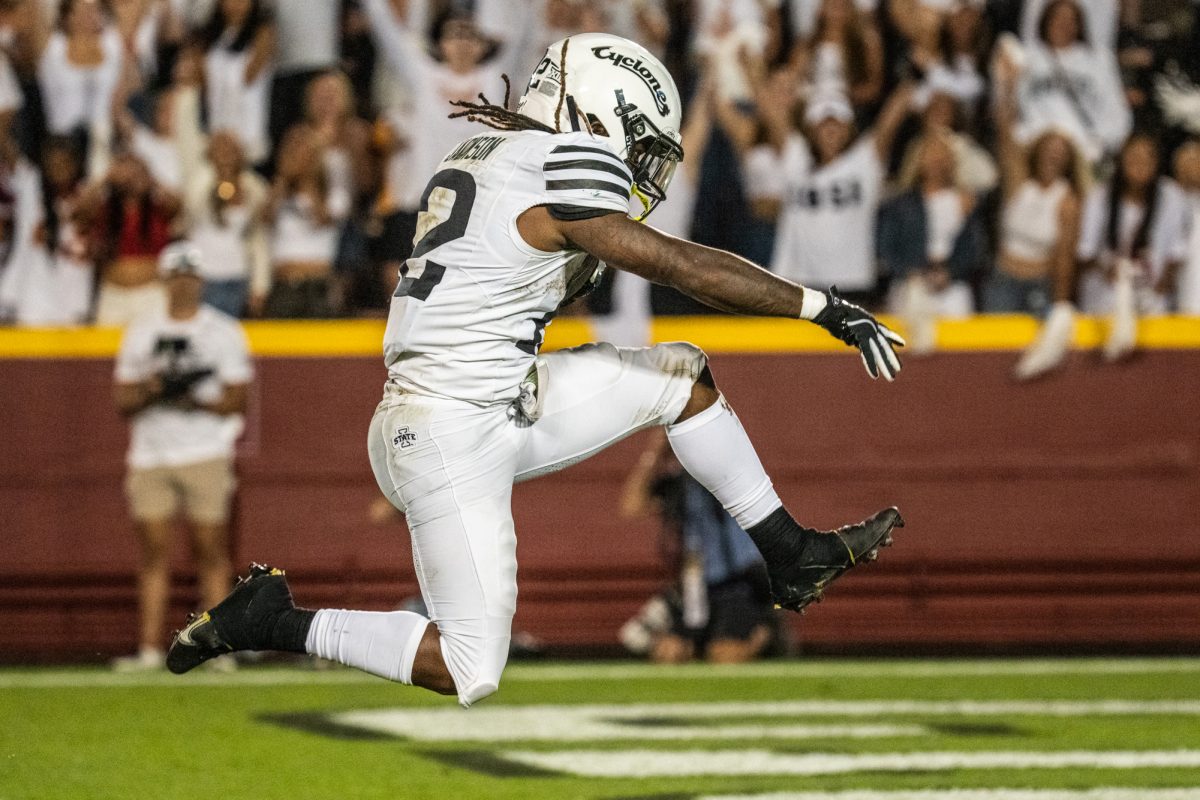LGBTAA looks to university for more support
January 28, 1999
Although members of the administration have said they want to work to improve diversity at Iowa State, some members of the gay and lesbian community wonder where they fit into the equation.
Angela Chipman, president of the Lesbian, Gay, Bisexual, Transgender and Ally Alliance, feels the ISU administration is not as supportive of the lesbian, gay, bisexual and transgender community as it should be.
“If [ISU President Martin Jischke] wants to give the impression that he cares, he’s going about it the wrong way,” Chipman said. “I know the university doesn’t care, or they would be more considerate and more supportive.”
Chipman said there are about 800 openly lesbian, gay, bisexual, transgender and transsexual students on campus, and they are not getting their fair say.
“The biggest LGBT issues aren’t covered by the administration. We try to go to their meetings and have our voices heard, but President Jischke and the administration won’t acknowledge the points we try to get across,” she said. “I want to see change and be part of the change to make the world a better place, but it’s difficult without assistance from your school and friends.”
However, Jishcke said the administration is doing its part to promote diversity and acceptance on campus. He said he has been spending time with the provost and vice president, evaluating certain programs targeted toward members of the gay and lesbian community.
“I believe the campus has become more supportive and more nurturing to the lesbian, gay, bisexual community,” Jischke said. “Not as much as it might be, but more than before.”
Christopher Barker, Wilson hall director, said he believes ISU is partially responsible for educating students about LGBT issues.
“It does fall within the responsibility of the individual to educate themselves, but the university shares the responsibility to promote awareness and to create a nurturing, supportive, caring environment for all students,” he said.
Jischke called diversity “an ongoing challenge” at ISU, as well as at other universities across the nation.
“The nation is becoming more diverse; this implies change. For some, change is difficult,” he said. “But I feel Iowa State is making progress.”
ISU requires that all students take a course in U.S. and international diversity as a general education requirement.
However, the effectiveness of the classes in promoting students’ acceptance of diversity is uncertain.
“Education is the key, and that’s what I thought college was for,” Chipman said. “Does it happen? No. Should it happen? Yes.”
Thomas Hill, vice president for Student Affairs, said there are steps people need to take to make the university more inclusive; however, “you can’t force students to learn, but you can provide more opportunities.”
Hill said his office hopes to encourage students to step out of their “comfort zone.”
“It is important to the university that students feel good and comfortable being here regardless of their race, gender or nationality, and if assistance is needed, they need to know they can come and seek help,” he said.






